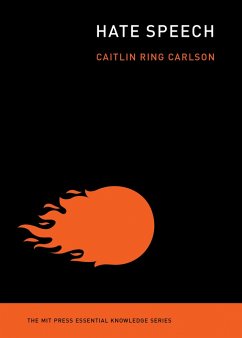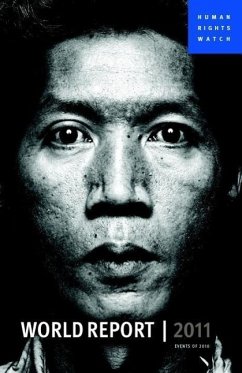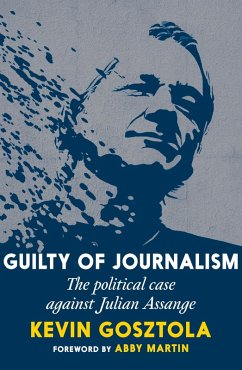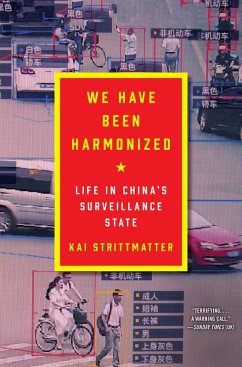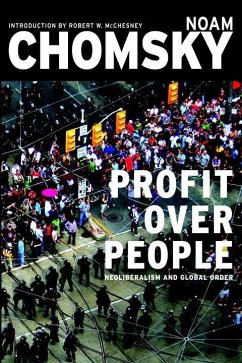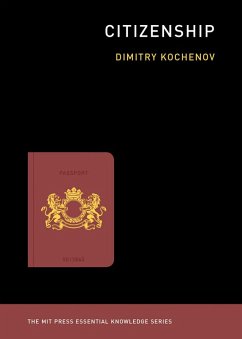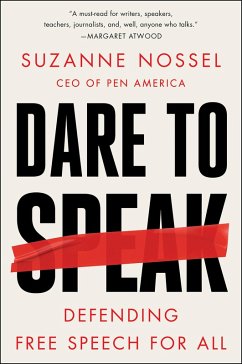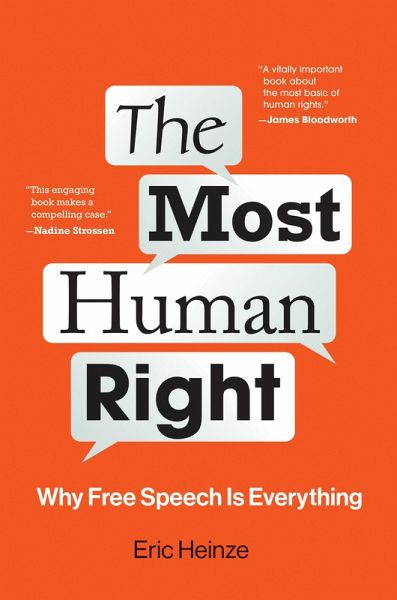
The Most Human Right (eBook, ePUB)
Why Free Speech Is Everything

PAYBACK Punkte
6 °P sammeln!
A bold, groundbreaking argument by a world-renowned expert that unless we treat free speech as the fundamental human right, there can be no others. What are human rights? Are they laid out definitively in the UN's Universal Declaration of Human Rights or the US Bill of Rights? Are they items on a checklist-dignity, justice, progress, standard of living, health care, housing? In The Most Human Right, Eric Heinze explains why global human rights systems have failed. International organizations constantly report on how governments manage human goods, such as fair trials, humane conditions of dete...
A bold, groundbreaking argument by a world-renowned expert that unless we treat free speech as the fundamental human right, there can be no others. What are human rights? Are they laid out definitively in the UN's Universal Declaration of Human Rights or the US Bill of Rights? Are they items on a checklist-dignity, justice, progress, standard of living, health care, housing? In The Most Human Right, Eric Heinze explains why global human rights systems have failed. International organizations constantly report on how governments manage human goods, such as fair trials, humane conditions of detention, healthcare, or housing. But to appease autocratic regimes, experts have ignored the primacy of free speech. Heinze argues that goods become rights only when citizens can claim them publicly and fearlessly: free speech is the fundamental right, without which the very concept of a "right" makes no sense. Heinze argues that throughout history countless systems of justice have promised human goods. What, then, makes human rights different? What must human rights have that other systems have lacked? Heinze revisits the origins of the concept, exploring what it means for a nation to protect human rights, and what a citizen needs in order to pursue them. He explains how free speech distinguishes human rights from other ideas about justice, past and present.
Dieser Download kann aus rechtlichen Gründen nur mit Rechnungsadresse in A, B, BG, CY, CZ, D, DK, EW, E, FIN, F, GR, HR, H, IRL, I, LT, L, LR, M, NL, PL, P, R, S, SLO, SK ausgeliefert werden.




